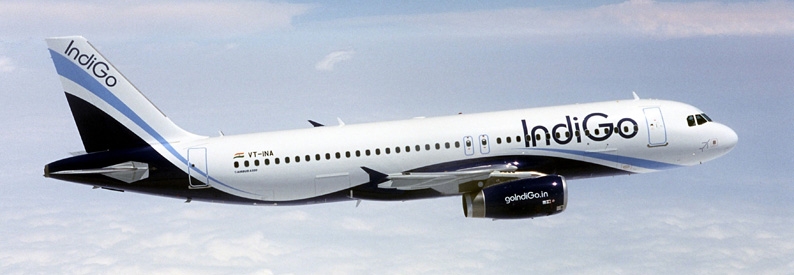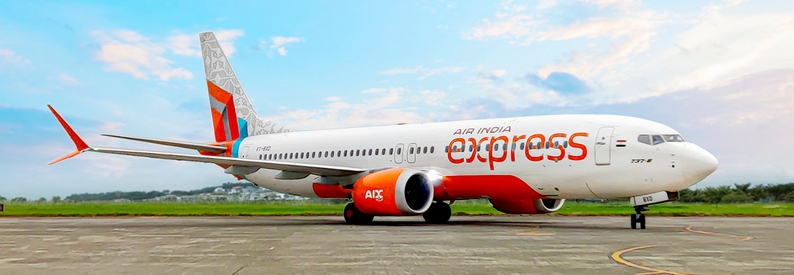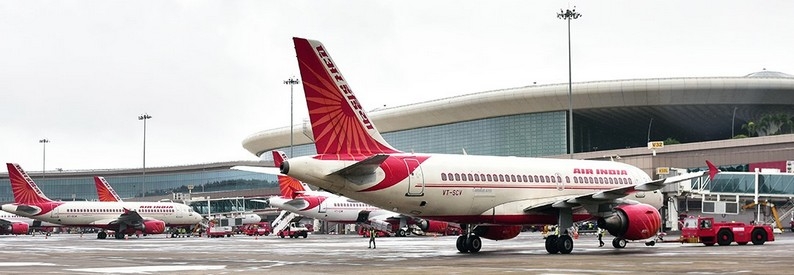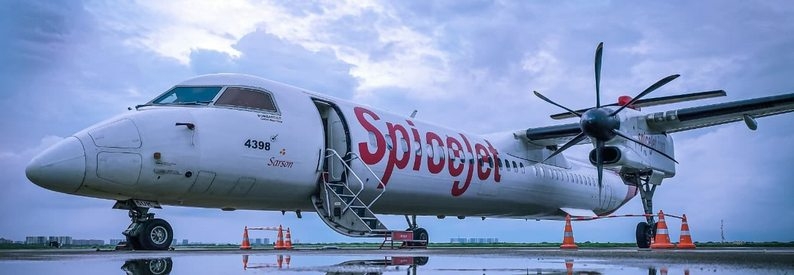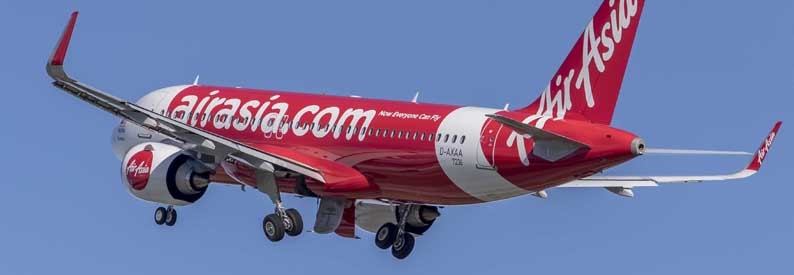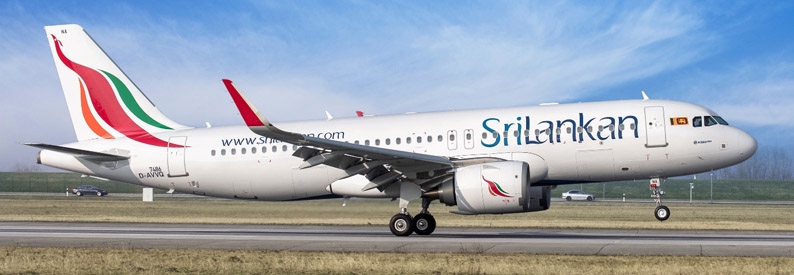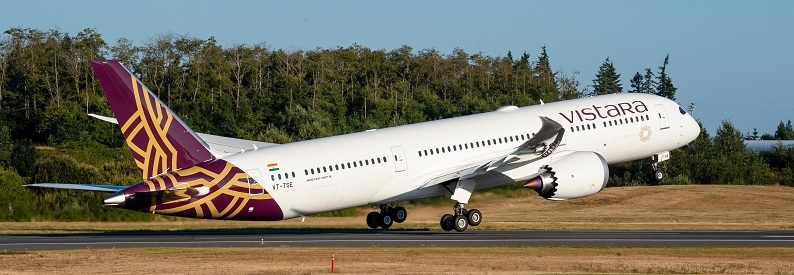AirAsia India (Bengaluru International) is unlikely to see substantial changes to its ownership structure after two separate developments staved off the danger of either personal or judicial challenges to Tata Group's role in the airline, the Indian media have reported.
On December 18, the National Company Law Appellate Tribunal (NCLAT) ended lengthy proceedings and concluded that the 2016 sacking of then-Executive Chairman Cyrus Mistry by Tata Group's board was unlawful, The Economic Times has reported. As such, the tribunal reinstated Mistry to the position, at the same time invalidating the appointment of his successor and current Chairman N Chandrasekaran.
The decision prompted questions about Tata Group's further involvement in AirAsia India, in which it holds a 51% stake. Mistry was a vocal opponent of the conglomerate's partnership with AirAsia Group and, during his tenure, argued that Tata Group should limit its stake to a maximum of 30%.
Mistry was reportedly at odds with Tata Trusts over a number of other business decisions, including shutting down the conglomerate's steel mills in the United Kingdom.
According to Indian commentators, Mistry would be likely to propose reducing Tata's stake in the LCC, cutting further capital injections, or even selling the stake entirely should he return to the helm of the conglomerate.
However, since the NCLAT's ruling, Mistry made no contact with Tata Group. According to sources, he is unlikely to seek the return to the post of Executive Chairman of the group. Nonetheless, Tata Group is likely to appeal the ruling. The NCLAT's ruling has been suspended until mid-January to allow the conglomerate to appeal.
In a separate development, the Business Standard has reported that Tata Sons reached an agreement with the Malaysian partner regarding the control over the management of the airline. The original joint venture agreement gave more power to AirAsia despite its minority stake. This could be potentially seen as a violation of India's control and ownership laws, which ban foreign control of airlines. The new agreement grants more power to Indian shareholders.
